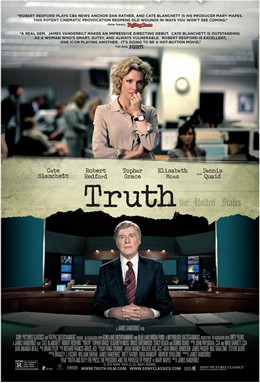
Bolshoi Babylon, a documentary by Nick Read and Mark Franchetti, is about Russia’s famed ballet compay. In 2013, someone threw acid in the face of the company’s director, Sergei Filin. This left Filin blind in one eye. This incident rocked the Russian nation. The Bolshoi is regarded as a symbol of national pride and a cultural treasure. Eventually, one of the dancers is arrested and charged with the crime. At his trial, the dancer, Pavel Dmitrichenko, says he discussed with his neighbor the possibility of his beating up Filin, but he insists that he never told the man to throw acid in Filin’s face. At the trial, Pavel accuses Filin of favoritism and of corruption.
The documentary follows the events after Filin’s return to the company. At first, Filin is greeted warmly. But then we learn that the dancers have complaints about Filin. They don’t like his casting decisions, and they accuse him of corruption. (We’re never told what exactly this alleged corruption consists of.) Filin’s problems are deepened by the fact that company’s new manager, Vladimir Urin, has a personal grudge against Filin, dating from the time when they were both working for the Stanislavsky Theatre. Urin at first seems an incongruous character to be running a ballet company: he looks and sounds as though he should be running a lumber yard. Yet it becomes clear that he deeply cares about the company and about its dancers.
Despite its gimmicky title, Bolshoi Babylon is actually quite a good film. There are extensive interviews with the dancers. We learn about the stress and disappointments they undergo in this demanding, and highly competitive, art form. One dancer refers to her daily rehearsals as “torture”. One complains of not getting enough work, then later complains of having too much work and not being able to spend time with her son. We also get a sense of the feeling of accomplishment that these dancers also get. This film introduces us to people we feel better for knowing.


